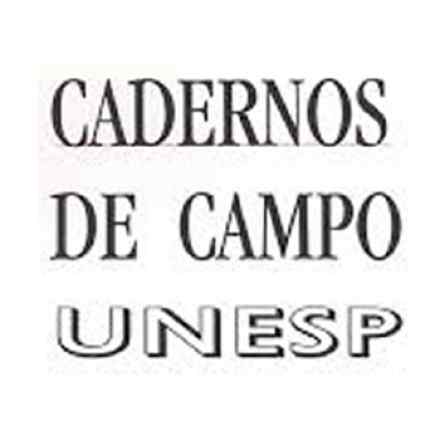Religião e modernidade: algumas conclusões acerca do processo de secularização no ocidente
Cadernos de Campo: Revista de Ciências Sociais
Religião e modernidade: algumas conclusões acerca do processo de secularização no ocidente
Autor Correspondente: Marcos Renato Holtz de Almeida | [email protected]
Palavras-chave: Secularização; modernidade; ocidente.
Resumos Cadastrados
Resumo Português:
Um dos conceitos chave para compreender a modernidade é o conceito de secularizaçào. Este conceito tem alimentado, nos últimos séculos, inúmeros debates acerca de sua definição e aplicação, balar em secularizaçào significa falar em modernidade, pois ela é um produto da modernidade e ao mesmo tempo uma de suas características mais evidentes. O conceito secularização tem diversas definições, mas praticamente todas remetem a esta definição: a deslegitimaçào do poder da esfera eclesiástica — defensora e reprodutora dos valores do sagrado — para a legitimação do poder da esfera civil e laica, que possui como orientação valores não-sagrados, portanto, profanos aos olhos do religioso. Essa deslegitimação do poder da esfera eclesiástica fez-se presente em todo o continente europeu após o século XVII e, logo depois, no mundo ocidental. O processo de secularização, ao invés de promover a derrocada da religião na Ura moderna, revitalizou-a através da perda da plausibilidade das religiões tradicionais e pela liberdade religiosa que ela promoveu. Nos séculos XIX e XX a religião sofreu influências das ideologias modernas e adaptou-se. O pluralismo e os novos movimentos religiosos são frutos do processo de secularização na modernidade, denotando as modificações ocorridas no campo religioso ocidental.
Resumo Inglês:
One of the key concepts to understand the modernity is the secularization concept. This concept has been fed in the last centuries by countless debates concerning its definition and application. To speak about secularization means to speak about modernity, which is result of the modernity and, at the same lime, one of its more evident characteristic. The concept secularization has several definitions, bur practically all of them addres to this definition: the delcgitimation of the power of the ecclesiastical sphere — defender and reproducer or the values of the sacred — for the legitimation of the power of the civil and lav sphere, which possesses as orientation no-sacred values, therefore, profane to the eves oi the religious person. Thar delegitiniiation of the power of the ecclesiastical sphere had been present in the whole European continent after the 17th century and, after that, in the western w odd. The secularization process, instead of promoting the overthrown of the religion in the modern lira, revitalized it throught the loss of the plausibility of the traditional religions and tor the religious freedom that it promoted. In the 19th and 2lth centuries, the religion suffered influences of the modern ideologies and adapted itself to them. The pluralism and the new religious movements are results of the secularization process in the modernity, denoting the modifications happened in the western religious field.

